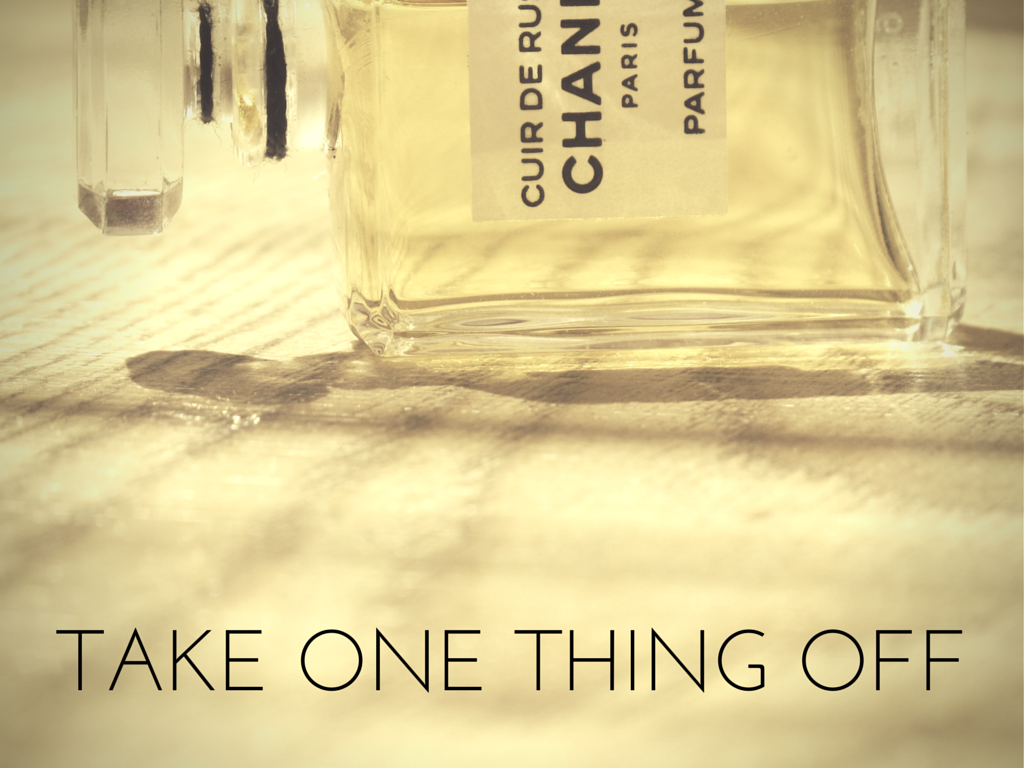Oh, opoponax, how do I love thee? Let me count the ways. First, there’s the fact that, in its upper register at least, this is a resin that doesn’t know that it’s a resin at all. In fact, it wants to be a spice or a herb, but can’t decide which, which is why the first flash of opoponax lurches wildly between the metallic, sweaty sting of clove and the aromatic camphor of bay leaf. It’s like listening to a teenager’s voice breaking.
Then, there’s the ambery resinousness in its lower registers that smells like a rich toffee but also quite a bit like Disaronno, which gives it a boozy almond butter tonality that cracks the safe open a little to reveal how the drydowns of No. 5 (Chanel) and Shalimar (Guerlain) are actually constructed. There is even a hint of Johnson and Johnson’s Baby Powder or Baby Oil that lingers towards the very end. Now when people talk about wet wipes or nappies when it comes to either the Chanel or the Guerlain, I have an idea where that association is coming from. New level unlocked.
Lastly, the fact that the transition between the astringent spicy-herbal topnotes and the almond taffy basenotes is awkward as hell, which makes things interesting. Sometimes, this clash of cymbals produces an old fashioned bay rhum effect that makes me think of amber mixed up with Old Spice or Brut. There is a lingering soapiness in among all that almond butter richness that calls to mind shaving foam. Personally, I love this confusing mash up of balsamic sweetness and rinsing herbal sourness. You get the gold honey of a resin and the aromatic rigor of a barbershop fougère. What’s not to like?
I bought Empire des Indes (Oriza L. Legrand) blind because I’d heard that it was an opoponax perfume. I heard right. At first spray, I thought that perhaps I’d screwed myself because, you know, opoponax will opoponax, and is there really any point to owning something that repeats on you like a burp across your collection if you already own Imperial Opoponax (Les Nereides), Ligea la Sirena (Carthusia), and the Big Daddy of them all, Eau Lente (Diptyque)? Not to mention Jicky (Guerlain) and Bengale Rouge (Papillon Perfumery), no slouches in the opoponax department themselves.
But not to worry, because Empire des Indes, though it certainly possesses a strong opoponax character, has been dressed quite differently to these perfumes, and therefore occupies a different slot on my collection. The sweaty metal of opoponax’s clove topnotes are softened by a dusty cinnamon Nag Champa accord, which has the effect of puffing the perfume up and out into a sweet, ambered dust cloud that shifts softly around you as you move. It is something you can cuddle into. By comparison, Ligea la Sirena is more citrusy-hot with lemons, sour tea, and carnation, a jagged knife perfect for cutting through the heat, while Imperial Opoponax is shaving foam central before hitting its toffee stride much later on.
Empire des Indes probably comes closest in orbit to Bengale Rouge due to the shared emphasis on that spicy cinnamon and a rich ambery-balsamic tonality. They are both, it must be said, perfectly slottable into that one slot you likely have reserved for spicy ‘orientals’ whose primary function is to warm your bones (and emit a golden, balsamic sillage) when the weather is cold. But in terms of weight and ‘thicc-ness’, there is no competition – Bengale Rouge is a Two-Ton Tessie, its generous pours of honey and tonka bean keeping the resin in place like a weighted blanket. Empire des Indes is far lighter and more diaphanous, similar to the weight of something like Fêtes Persanes (MDCI Parfums), Black Cashmere (Donna Karan), or Theorema (Fendi).
But, of course, opoponax is not the only show in town (if it were, I’d recommend just going out and buying some opoponax). There are some really nice, interesting things happening in Empire des Indes that make this so much more. For one, ginger adds a savory, mealy texture to the cinnamony topnotes, creating a briefly musky, almost urinous twang that some will invariably interpret as Musc Ravageur-lite (ginger does something similar in Shams Oud by Memo). Sandalwood adds a gently peanutty milkiness that fades too quickly for my liking.
Once the spicy-herbal flash flare of the opoponax dies back a little, the scent breathes and stretches its limbs into that golden, toffee-ed resinousness (splashed here and there by Old Spice) that one expects from opoponax in general. But where Empire des Indes innovates is in its earthy shading of this ambery accord with the cocoa-ish dust of patchouli and what smells to me like the curried maple leaf richness of immortelle. (Neither of those notes are listed). These accents, coupled with the dusty nag champa, give the perfume a witchy, leaf-blown tenor that feels like something out of the Solstice Scents catalogue (Foxcroft, Inquisitor, or Manor Fire, for example, some of which feature a similarly indie ‘burning autumn leaves’ accord). Not headshop territory, exactly, but heading in that direction.
Or would had Empire des Indes lasted any longer than it does. The trajectory from top to bottom is regrettably short. At least those last tendrils of dusty nag champa seem to be standing in for what otherwise might be a white musk or something abrasive, like Iso E Super, i.e., it carries the perfume across the last mile without compromising any of its delicacy. Still, this is not a terribly rich or deep perfume. It floats in wisps and tendrils and drafts. Indeed, you might say that the only downside to Empire des Indes is its softness. But you know what? Like Fêtes Persanes, that is possibly what I like the most about it.
Source of sample: Sample? Baby, when it comes to opoponax, I buy the whole bottle. Sometimes even blind. I purchased my bottle directly from Oriza L. Legrand.
Cover Image: Photo by Sergey Norkov on Unsplash





